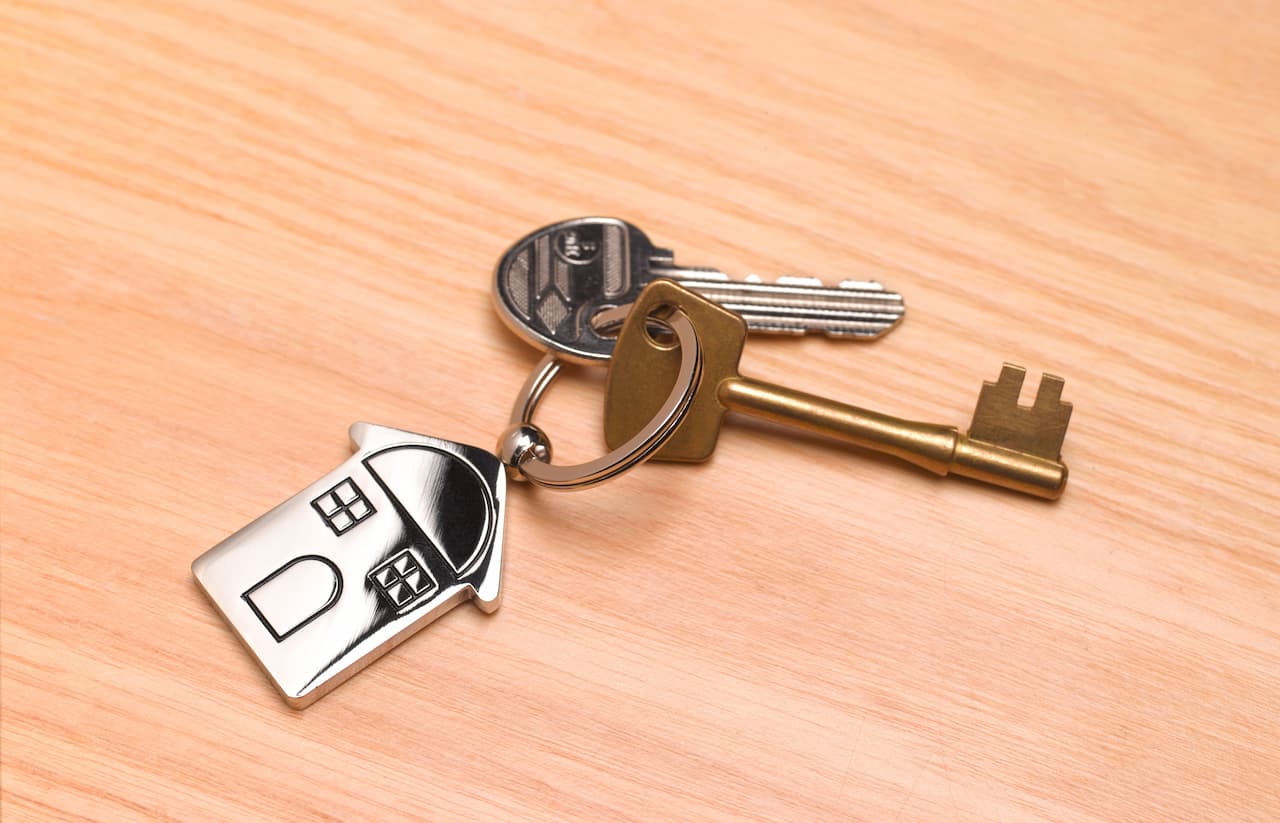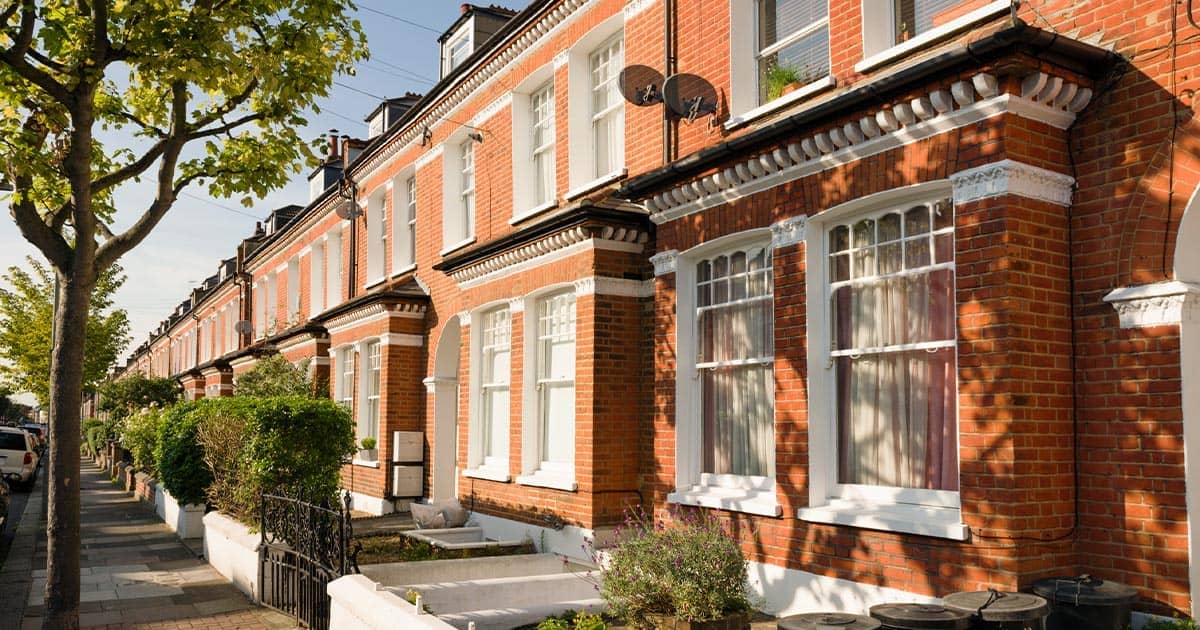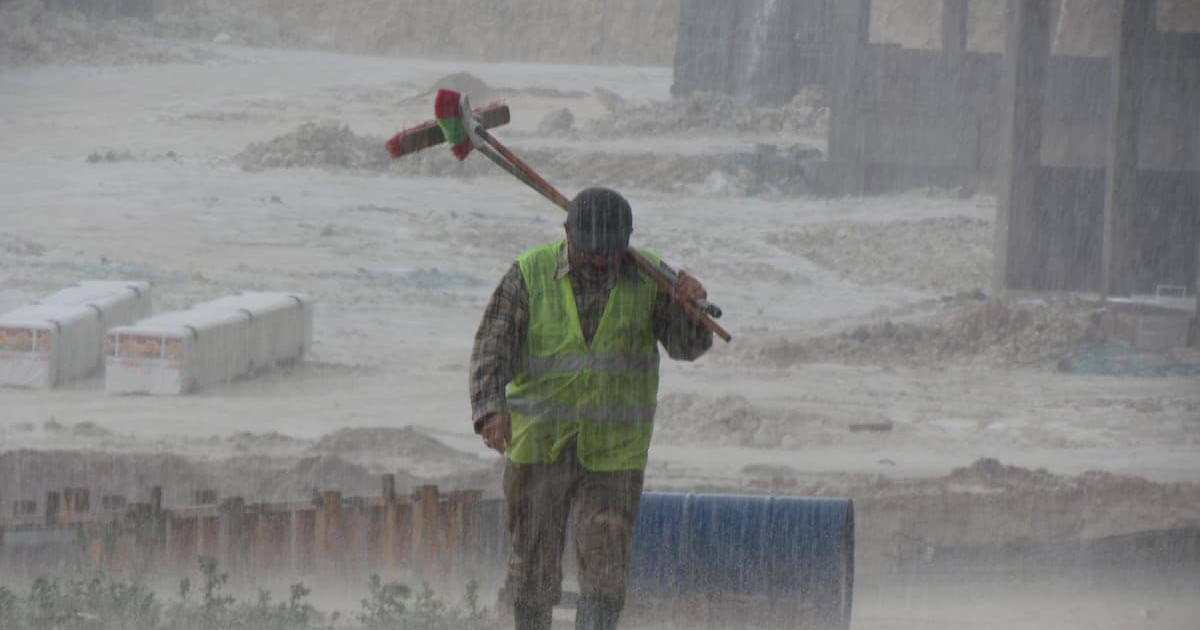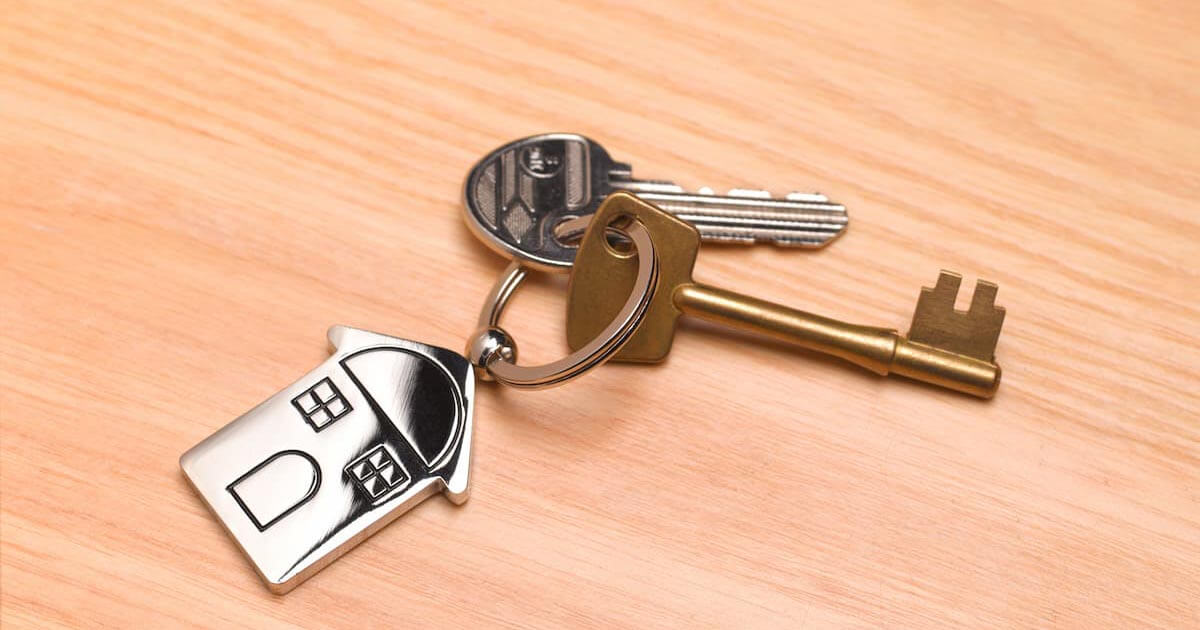Getting the best deal from your property
To combat this, many landlords prefer to use the rent-to-rent scheme, also known as the Guaranteed Rent Scheme. The scheme allows the property owner to have a contract with a third party, such as a person, company (for example a letting agent) or council, who takes on the responsibility of managing the property for the duration of the contract. This way the landlord can still receive the financial benefits of renting, without having to worry about handling the property management responsibilities.
Although it seems like an ideal way to enjoy the benefits of being a landlord, there are also negatives to using a rent-to-rent scheme that you may not have considered.
How does the Guaranteed Rent Scheme work?
As a quick summary, a property owner will allow a third party to be a ‘tenant’ who will then sublet the property, whilst taking responsibility for the property. Responsibilities for the third party may include finding tenants, paying property bills and other costs associated with owning the property. They will also have to make sure that the building is properly maintained.
The third party will pay the property owner a monthly ‘rent’ payment, which will usually be lower than the regular cost of the rent so that the third party can make a profit on their sub-tenants.
The pros of Guaranteed Rent Schemes
Guaranteed payments
Since it is the third party who is paying the rent, the money comes straight to you as the owner of the property regardless of whether there is someone living in your property or not.
Property emergencies aren’t your problem
You may have money set aside, or insurance, for major damages such as fire or flood, however, these emergencies will usually fall under the third party to pay for. Plus, there is the added convenience of not being interrupted in the middle of the night, or while you are away on holiday.
Maintenance checks
You will not need to worry about performing maintenance checks and may not need to worry about maintenance costs, as this may fall under the responsibilities of the third party who you are subletting to.
Regulations
There will also be no need to worry about any regulatory concerns, such as health and safety and fire regulations, as this will be taken care of by the third party.
No extra expenses
Any additional costs, such as utilities or costs associated by finding a tenant, will be the responsibility of the third party to cover.
The cons of Guaranteed Rent Schemes
Scam risks
You should ensure that the third party who you are letting your property to is reputable, as you will be entering into a contractual agreement with them. Make sure that they make regular payments to you and aren’t exploiting tenants. Not performing thorough checks on the third party could result in legal expenses and reputational damage.
No tenant checks
The third party will be responsible for choosing who gets to live in your property, meaning that you don’t get to say who lives in your house. Whilst the third party should be responsible for covering any costs to repair damage caused by their tenants, you could suffer longer term damage to your property, which could last long after your guaranteed rent contract ends, such as cracks or water leaks that could lead to subsidence or dry rot.
Devaluing of your property
If your property is mismanaged by the third party, or they breach their contract, your property could be devalued because of any damage that has not been repaired. Mismanagement can include not performing maintenance checks, using low quality or unlicensed contractors or ignoring property damage.
Liabilities
Whilst you aren’t responsible for maintaining the property, you are still the property owner, which may mean that you are liable to claims made against you for injuries at the property. So ensure you agree reasonable timescales to fix particular property issues with the third party, depending on their severity and risk to tenants’ safety.
Extra fees
You will need to set up a contract to protect you and your property when using a guaranteed rent scheme which could incur an additional cost for legal fees.
Limitations
When you enter into a contract for a guaranteed rent scheme, it can last for anywhere between 3 to 10 years. This means that you have little say in what goes on in your property for that length of time, including any renovations in your property.
Insurance
Insurance can be difficult when it comes to a guaranteed rent scheme. It may seem unclear as to who is responsible for the residential landlord insurance at the property. Some insurers have restrictions on a guaranteed rent scheme, so make sure you check with your insurer when considering a rent-to-rent scheme.
Property suitability
Even if a guaranteed rent scheme sounds perfect for you, your property may not be. Factors such as location or size can make it difficult for your third party ‘tenant’ to attract sub-tenants. This could potentially lead to an undesirable sub-tenant as the third party desperately tries to fill the vacancy.
Should you consider a Guaranteed Rent Scheme
If you want to use your property for a rent-to-rent scheme, make sure that you do the following before making such a big decision.
Do your research
When you sign up for a guaranteed rent scheme, you are taking on the huge decision of allowing someone else to manage your property. Do some thorough research on who you choose to be your ‘tenant’. If you find someone you like the sound of, do some research to see if they have the right licences, qualifications and experience to take proper care of your property.
Have a water-tight contract
Make sure that the contract that you have with the third party ‘tenant’ covers you thoroughly, after all, you’ll have a lot of investment in the property. Seek legal help if you need to, but make sure that you, your property and your income is protected.
Make a payment plan
Outline financial transactions with your third party tenant in your contract, explaining how you want payments to be made to your account. Suggest the same day on each month and specify the method of payment, such as cash, electronic payment or cheque.
Insight from a landlord
Property owner insurance with Premierline
Whether you decide to go with a rent–to-rent scheme or let your property yourself, it is vital to have a comprehensive landlord insurance policy to protect your investment.
Talk to one of the insurance advisers at Premierline, who will assess your business’ needs and compare quotes from some of the most well-known UK insurance providers.


















